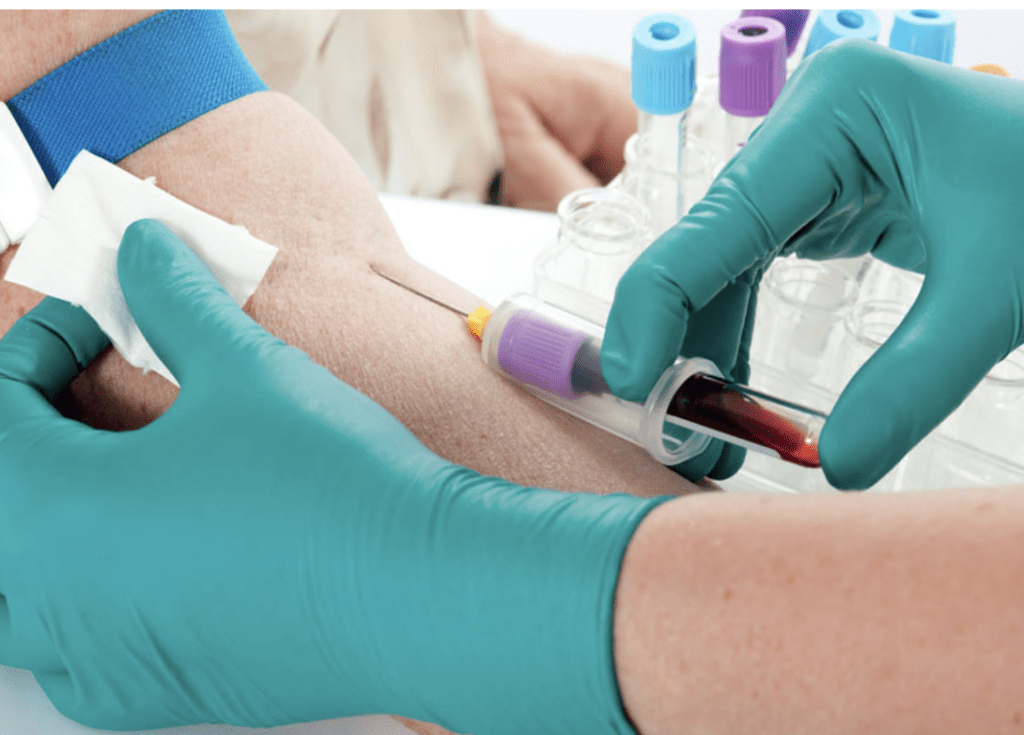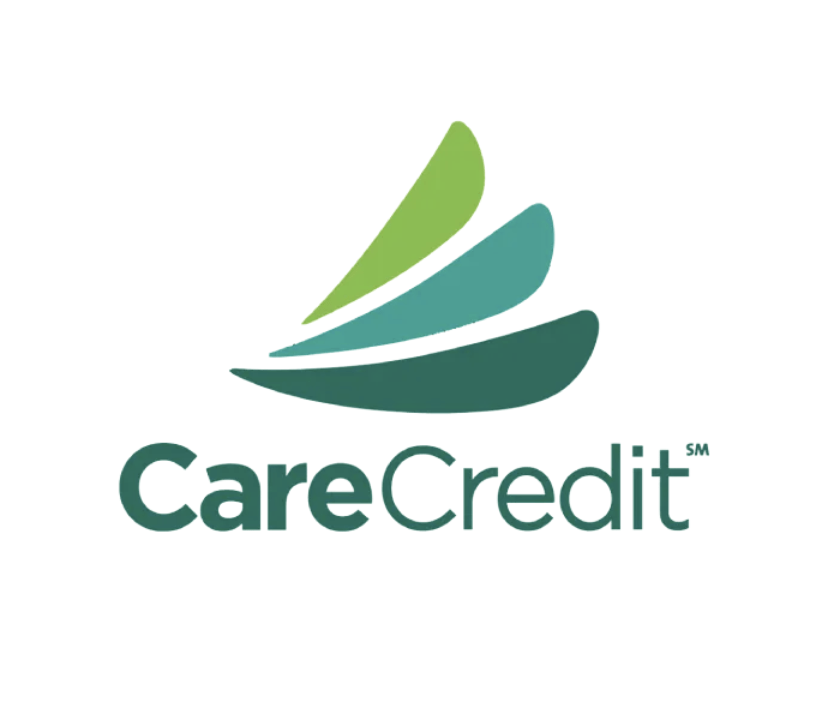In today’s fast-paced world, sugar addiction has become a significant issue, contributing to the rise of various health problems. With the availability of quick, processed foods loaded with added sugar, it’s easy to consume more than we realize. In fact, in the U.S., added sugars make up 17% of the total calorie intake for adults and up to 14% for children.
Overconsumption of sugar can lead to:
- Weight gain
- Increased risk of heart disease
- Acne and other skin issues
- Type 2 diabetes
- Increased cancer risk
- Energy crashes
- Accelerated aging
But the good news is, it’s possible to kick your sugar habit with a few strategic lifestyle changes. Below are 10 tips to help you manage sugar cravings and regain control over your diet and health.
1. Ditch Caffeine
Caffeine can trigger blood sugar swings, which may lead to more sugar cravings. Caffeine is also dehydrating, and dehydration can sometimes be mistaken for hunger, making you more likely to reach for sugary snacks. Try reducing your caffeine intake and replacing it with herbal teas or water.
2. Stay Hydrated
Water is essential for keeping cravings at bay. Dehydration can increase sugar cravings because your body is trying to find a quick energy source. Drinking enough water throughout the day can help stabilize your blood sugar and reduce your need for sweet treats.
3. Balance Sweet Vegetables and Fruits in Your Diet
Maintaining stable blood sugar is key to avoiding sugar cravings. Include more naturally sweet vegetables like sweet potatoes, carrots, and beets, as well as fresh fruits like berries and apples. These provide a healthier way to satisfy your sweet tooth without spiking your blood sugar.
Remember: Don’t skip meals! Going too long without eating can lead to low blood sugar, triggering sugar cravings.
4. Avoid Artificial Sweeteners
Many people turn to artificial sweeteners thinking they’re a healthier option, but these can increase your sugar cravings. Instead, choose natural sweeteners like honey or maple syrup, and only use them in moderation.
5. Get Moving!
Exercise is a great way to help balance blood sugar levels and reduce stress, which are both major causes of sugar cravings. Physical activity can also increase your energy levels, making you less likely to reach for sugary foods to combat fatigue.
6. Prioritize Sleep
When you’re sleep-deprived, your body will crave quick energy, and sugar is often the fastest way to get it. Aim for 7-8 hours of sleep each night to help reduce sugar cravings. If sleep is an issue for you, try sleep aids or supplements that promote better rest. Hormonal imbalances can also affect sleep quality learn more about how hormones may be impacting your sleep.
7. Evaluate Animal Food Intake
According to yin-yang principles, eating too much “yang” food like meat can cause cravings for “yin” food like sugar to balance things out. Consider reducing your intake of animal products and adding more plant-based meals to help curb cravings.
8. Avoid Fat-Free or Low-Fat Packaged Foods
Many fat-free or low-fat packaged foods compensate for the lack of fat by adding sugar to improve taste. These products might sound healthier, but they can contribute to sugar addiction. Focus on whole, unprocessed foods for better overall health.
9. Experiment with Spices
Certain spices, such as cinnamon, nutmeg, cloves, and cardamom, can naturally sweeten your foods and satisfy your sweet tooth without adding sugar. Cinnamon, in particular, can help regulate blood sugar levels and reduce sugar cravings.
10. Manage Emotional Eating
Sometimes cravings aren’t due to hunger or biological needs but are a response to stress or emotional triggers. If you find yourself reaching for sweets when anxious or stressed, consider exploring other ways to manage these emotions, like meditation or exercise. You can also check out our range of products designed to reduce stress and cravings.
The Importance of Combating Sugar Addiction
Addressing sugar addiction is crucial not just for maintaining a healthy weight but also for improving overall well-being. Excessive sugar consumption is directly linked to a wide range of chronic health conditions, and by taking steps to reduce your sugar intake, you’ll improve your long-term health.
If you’re struggling with sugar cravings, implementing the tips above will be a great start. If you want to go deeper and receive personalized guidance, consider booking a complimentary wellness consultation with us. During your session, we’ll discuss your health goals, identify potential obstacles, and create a customized plan to help you reach your goals.







